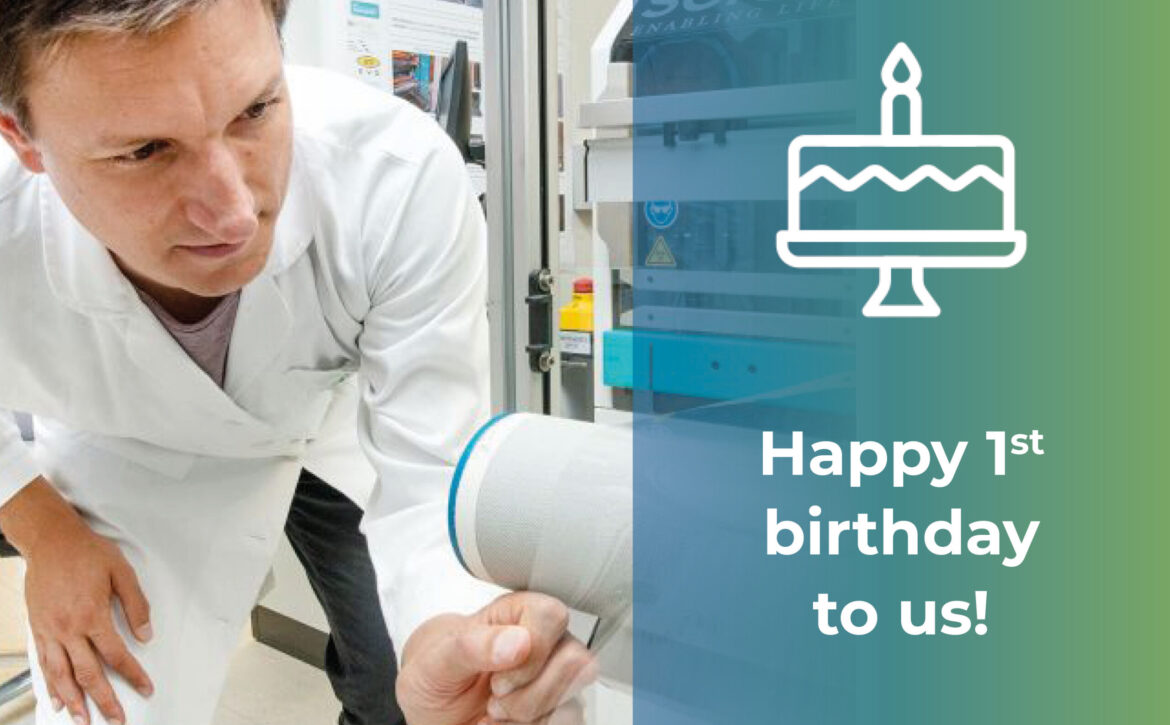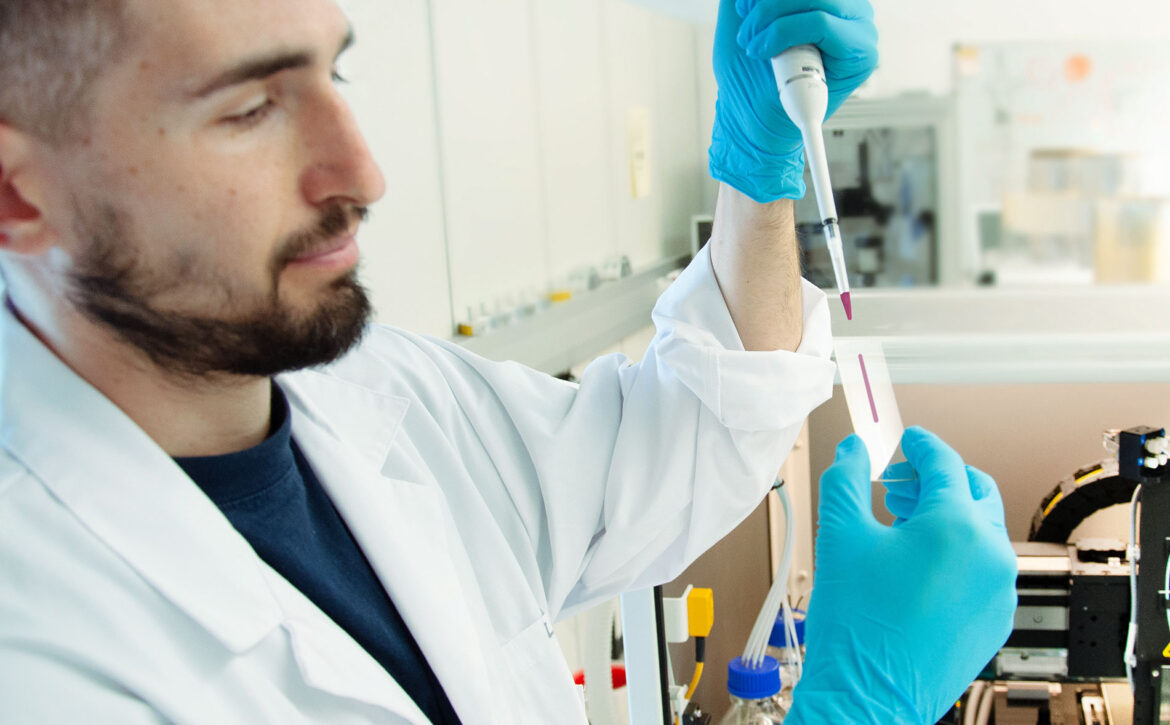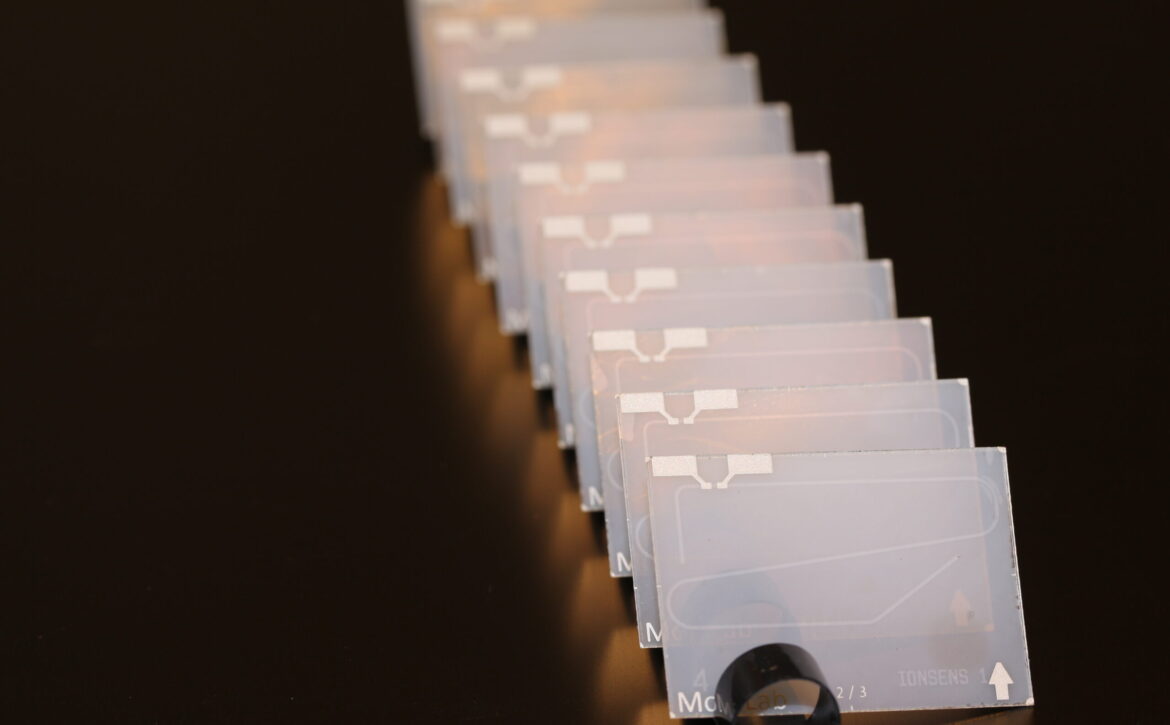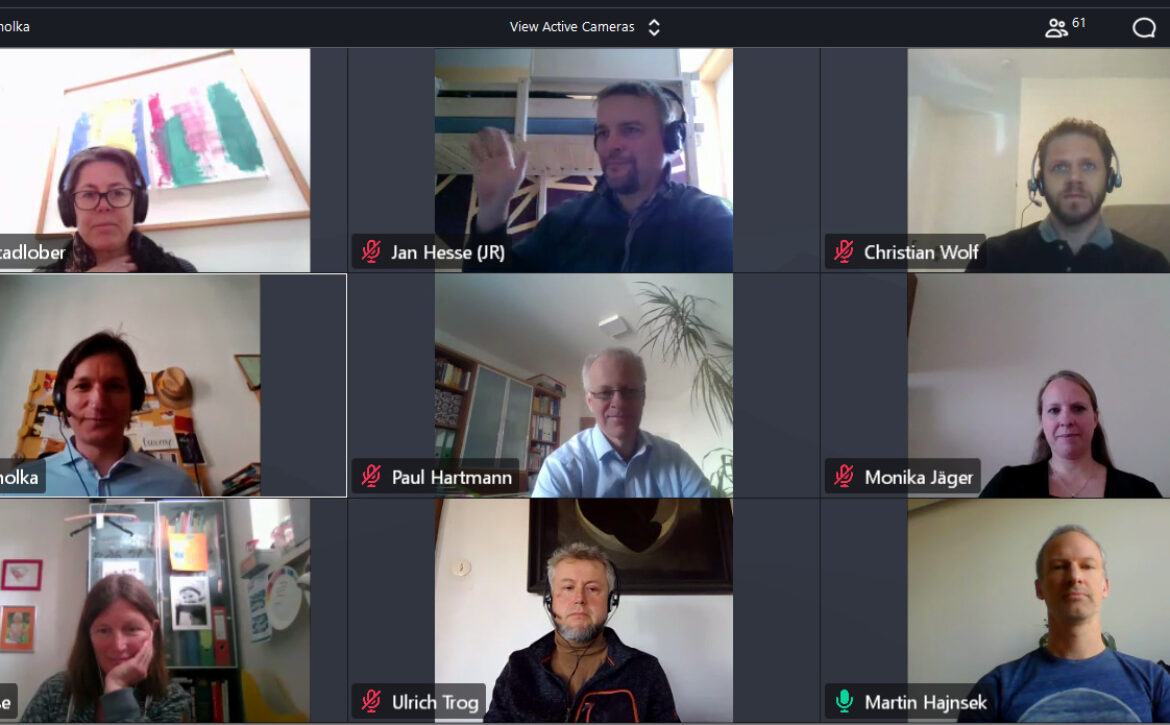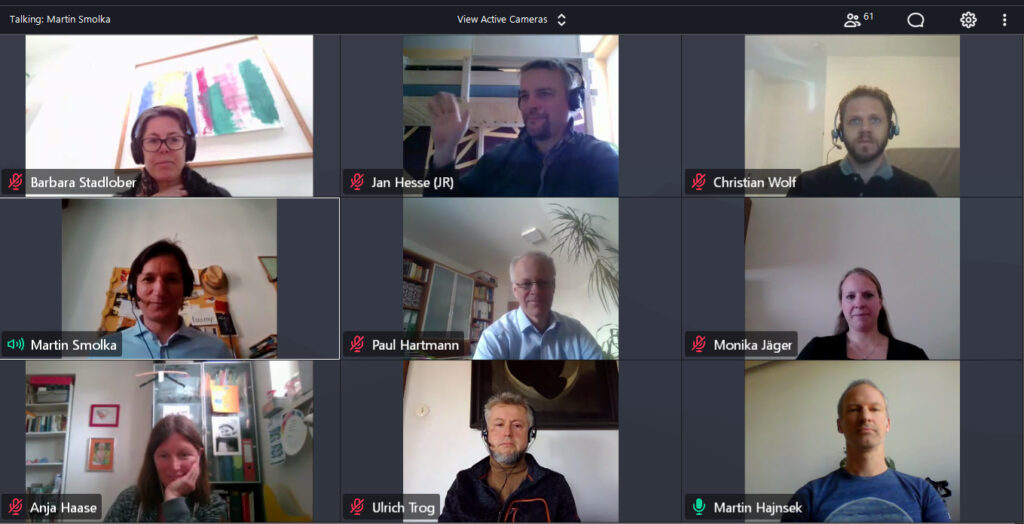JOANNEUM RESEARCH coordinates an international consortium that conducts extensive research into the next generation of lab-on-a-chip systems. So-called mini-labs using foil-based microfluidics for rapid diagnostics kits will soon be ready for large-scale production, with possible application in COVID-19 detection.
There is great potential for microfluidic lab-on-a-chip systems, particularly in medicine, pharmaceuticals, production and analysis. The H2020 project, “NextGenMicrofluidics”, was granted to a consortium coordinated by JOANNEUM RESEARCH, an Austrian Research and Technology organisation. The partners of NextGenMicrofluidics operate an Open Innovation Test Bed, a new EU format similar to pilot lines. “One advantage of lab-on-a-chip systems is that they allow the automated implementation of complex analyses even in small laboratories with limited technical equipment,” said Martin Smolka, Project Manager, JOANNEUM RESEARCH. “This joint project accelerates the implementation of roll-to-roll technologies for the high-throughput production of microfluidic systems. We will then produce microfluidic components no longer as single pieces, but on large foils using stamping, printing and lamination processes. This works in a similar way to newspaper printing. As a result, we will be heading towards an unrivalled level in the production capacity of flexible lab-on-a-chip systems, so-called labs-on-a-foil”, stated Smolka.
NextGenMicrofluidics is addressing this challenge by establishing an Open Innovation Test Bed for the development and production of lab-on-a-foil systems on large area polymer foils. This will enable mass production of several million lab-on-a-foil systems per year, important, for example, for the production of rapid tests for medical diagnosis. Smolka explained some technical details: “Injection molding and wafer-based glass and silicon processing complement the platform as well as other technologies such as high-resolution printing of biomolecules in the form of the world’s first roll-to-roll microarray spotter for foil-based microfluidics. These unique facilities are combined in the Open Innovation Test Bed.”
The Open Innovation Test Bed offers all services required for the development and production of microfluidic systems. These services range from design through simulation, material development and biofunctionalisation to production as well as quality assurance.
As a one-stop shop for this unique technology portfolio, the Open Innovation Test Bed offers its customers the advantage of a fast and cost-effective transfer of new diagnostic or analytical concepts into ready-for-market products. Thus, with microfluidic systems novel, pioneering innovations can be attained at competitive prices.
Within the framework of the project, the consortium offers funded innovation projects, in which future customers will be able to contract for product development. Parallel to the technical development, the Open Innovation Test Bed will provide its customers with access to venture capital.
Point-of-Care-Diagnostic for SARS-CoV -2
The technology validation of the Open Innovation Test Bed is established on pre-defined case studies from complementary markets, ranging from biosensor development through molecular diagnostics and smart phone-supported home diagnostics to pharmaceutical tests and sensors for monitoring bioprocesses.
Particular attention is paid to lab-on-a-foil systems in medical diagnostics, especially in the area of patient-related rapid diagnostics, so-called point-of-care diagnostics and their use in the current COVID-19 crisis. By developing and upscaling new rapid diagnostic tests for SARS-CoV-2, the consortium aims to contribute to solving this crisis. A holistic approach is being pursued, which includes rapid diagnostic tests for acute infections as well as for immunity after a past infection. The aim is to develop systems for the point-of-care diagnosis of SARS-CoV-2 as well as the corresponding immune status and to manufacture more than one million tests per month in Europe. This high-throughput production is essential, especially for rapid diagnostic tests in times of a pandemic, so that a large number of tests can be used decentrally as diagnostic tools, e.g. by the family doctor, and provide test results quickly and efficiently.



